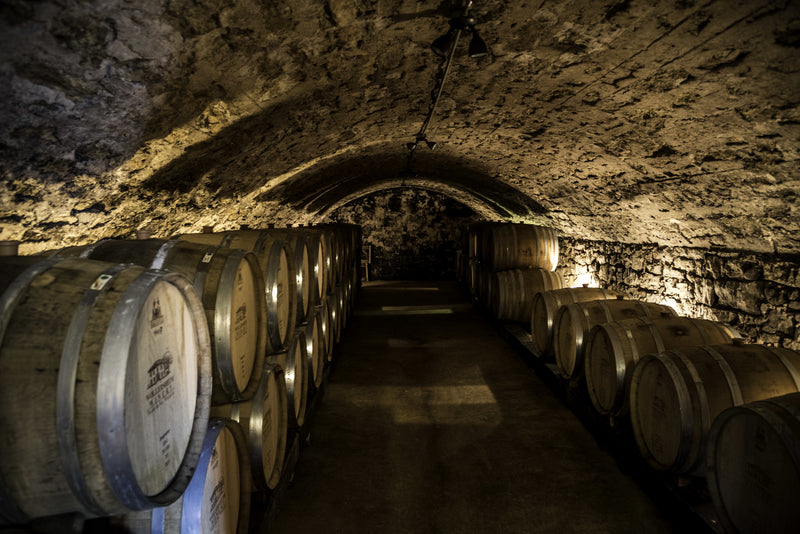When thinking of how best to store your wine, there are a number of factors to take place. One of the most important of these factors is the level of humidity in your chosen storage room. We take a look at why humidity is so important and how to get the conditions right.
Why is humidity important?
There is a reason that old bottles of wine can fetch so much at auction; wine develops and matures as it ages, creating complex and intense flavours over the years. However, the temperature and humidity of their storage space can impact on this process; too much heat and the wine will age too fast.
One of the most important reasons for maintaining proper levels of humidity is ensuring that the cork remains in the best condition. While storing a wine bottle on its side will keep the inside face of the cork safe from deterioration, the side exposed to the outside is still at risk. A higher degree of humidity is therefore required to stop this part of the cork from drying out. If it does become too dry, then it can lead to oxygen entering the bottle, which can cause the wine to oxidise or spoil.

What humidity is best for storing wine?
At the most basic level, it can be said that the damper the room the better. When we see images of a proper, traditional, stonewalled wine cellar, used for storing barrels in the cellars of vineyards or producers, the walls are often damp, if not dripping wet. This is because the air in such a place is often kept at a level of around 90 percent humidity.
While wine producers may be happy with having dripping walls, this certainly isn’t a possibility for houses or restaurants, so the ideal humidity for wine in these locations tends to be a little lower, at around 60 to 70 percent humidity.
Because of the need for humidity, standard refrigerators do not make good long-term storage options for wine bottles, as they often include dehumidifying properties, speeding up the process of drying out corks.
Issues with humidity
However, with these humidity levels, there are a number of issues that may arise. For the higher humidity levels, around the 90 percent mark, the high levels of moisture can mean that mould makes its way onto the walls, and even onto the bottles if they have been stored there for a long time. The wine labels can also become damp, which can cause them to shrink, or become damaged, leading to lost details. This can make identification harder, and will also damage the amount it can be sold for if you intend to resell. On the other hand, if the humidity is too low, typically under 50 percent humidity, then the corks can become dry, leading to them crumbling if they are stored in those conditions for too long. Obviously, these side effects are less than ideal, highlighting the importance of properly maintained humidity levels.
How can humidity be properly regulated?
The main way in which humidity is controlled in wine cellars is via a conditioning system, which can regulate the temperature and humidity levels as required, avoiding any issues. Air conditioning units specifically for wine cellars are crucial for obtaining the perfect storage conditions, as there is a clear need to reach the ideal window of humidity level, avoiding the risk of any of the issues mentioned. As every basement or cellar will be naturally different, with varying temperatures, a bespoke wine cellar conditioner can prove the best option as they will cater to the specific needs of the room, ensuring that your wine gets stored in the best possible conditions!
If you would like to ensure your wine collection is kept in the best condition, Tanglewood Wines offer bespoke systems and leading brands of conditioning units to keep your bottles safe!

